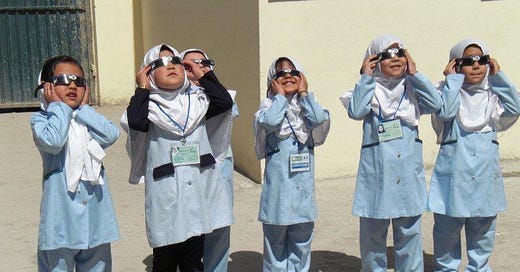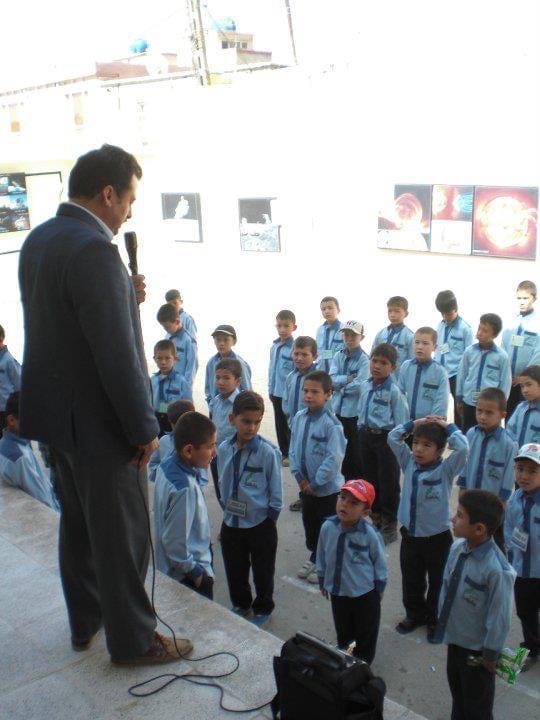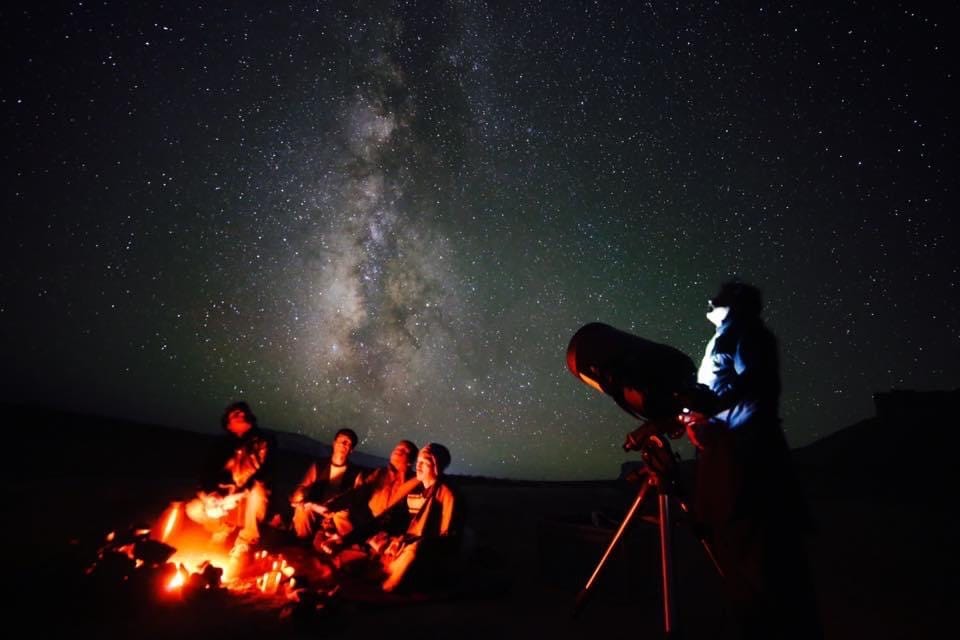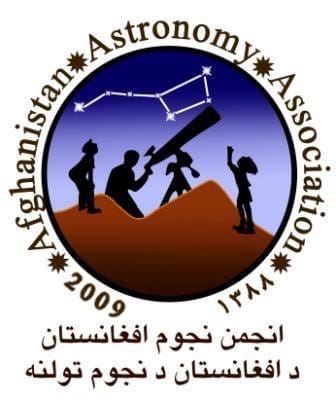Afghan Astronomers' Freedom in Trouble
The Afghanistan Astronomy Association is championing free thought as the Taliban clamps down on astronomers, scientific inquiry, and open debate
Soon after leaving Afghanistan, Mansoor Ramizy contacted relatives in Kabul with urgent instructions. The Taliban were going door-to-door hunting out military gear and tactical equipment to suppress the resistance. His relatives needed to dismantle Ramizy’s four professional-grade telescopes and hide the parts in the house, somewhere search teams would never think to look.
“They are big heavy telescopes and look very much like tactical military gear to the Taliban.” He was worried they would seize the telescopes, worth thousands of dollars, then punish his relatives for concealing them. But this time they were lucky. The search teams left empty-handed and everyone breathed a sigh of relief.
Friends leaving Kabul in recent months have offered to bring Ramizy’s telescopes to him in Turkey, but he is concerned Taliban personnel at airport security would cause problems. “Astronomy, like many fields, is very sensitive. The Taliban have no tolerance for free and modern thinking. They recognize no subjects aside from their strict interpretation of religion and religious laws,” says Ramizy, who was recently appointed President of the Afghan Astronomy Association (AAA).
The history of Afghan Astronomers
Looking back now on the history of astronomy in Afghanistan, which dates back to 2009 when AAA was formed, it’s difficult to imagine the days they spent in scientific debate, examining the cosmos, and exploring space. “During the republic, we used to sit freely in our office and discuss philosophy, science, religion, the big bang, astronomy, and space travel – anything we wanted.”
AAA began dismantling in 2018 when the club’s founder Yunos Bakhshi fled the country to seek a better life for his family overseas. Another prominent astronomer, Ibrahim Amiri, stepped in and relaunched the club under a new brand The Afghan Astronomy Association. The new AAA bought hundreds of telescopes from overseas and distributed them among school clubs, set up by Amiri and his team in over a dozen provinces across the country.
But, like many other NGOs and education bodies, the Afghan Astronomy Association was forced to halt its activities when the Taliban seized power on 15 August 2021. Members of the club, from everyday enthusiasts to specialists in the field, feared they had met for the last time. “The Taliban will never allow open scientific debate on these topics. They see them as a project by the West to corrupt our youth,” Ramizy says.
It's largely thanks to AAA, and astronomers such as Bakhshi and Amiri, that there is an astronomy community in Afghanistan at all. The country is uniquely positioned for star-gazing, with little light pollution, huge swathes of unpopulated land, and a clear view of the Milky Way. Initially set up to promote science and astronomy in Afghan schools and universities, the club soon attracted the attention of international organizations whose funding allowed them to acquire an office and professional equipment for projects and expeditions.
It was the first time there had been professional telescopes in Afghanistan and the club’s membership ballooned. “Every Friday the office was filled with guests and astronomy lovers for planetarium shows and observations on the roof,” Ramizy recalls. There were still challenges. Neighbors were often wary of the telescopes and worried about being spied upon. There were also questions from the Afghan police and even the US military was suspicious of an AAA group making observations in the vicinity of Bagram Airbase.
“A US Black Hawk (helicopter) spotted the team, led by Bakhshi, and shortly after that a convoy of military and police personnel approached us and asked what we were doing,” Ramizy says. The situation was quickly resolved. “They were hostile at first, confusing us with the Taliban or a militia, but they later joined in to look at the stars and were quite amazed actually.”
Last autumn, as the Taliban released the first of many rulings clamping down on Afghan freedoms - targeting any educational body whose scope fell outside their narrow interpretation of Islam - AAA effectively disbanded. But then Ideas Beyond Borders reached out with an Innovation Hub grant and a mandate to get the club going again. “IBB basically restarted our engines when they were failing,” Ramizy says. “They have restarted our organization so we can continue to bring astronomy to the population and oppose these radicals who want to spoil our country.”
It's about much more than studying the night sky. "AAA represents the future Afghanistan was heading towards before the Taliban imposed draconian laws that undermine decades of progress in the academic space. They are fighting for the freedom to advance knowledge and discuss their findings and the chance to build a stronger Afghanistan underpinned by free thinking and open debate," says Faisal Saeed Al Mutar, President and CEO of Ideas Beyond Borders.
The funding will go towards a website to provide a platform for communication and knowledge while the group is unable to meet in Afghanistan. With this, AAA will continue to forge a path for scientific inquiry in Afghanistan as the Taliban seeks to shut out knowledge and ideas. “It is deeply hurtful to see the Taliban training the next generation of what was supposed to be our future doctors, engineers, astronomers, scientists, researchers and teachers into terrorists while excluding 50 percent of our population from engaging with education at all,” Ramizy says.
“AAA is a front against their dark, dogmatic reign. This website will be a catalogue of information and ideas – and a symbol of a bright future that is yet to come.”








